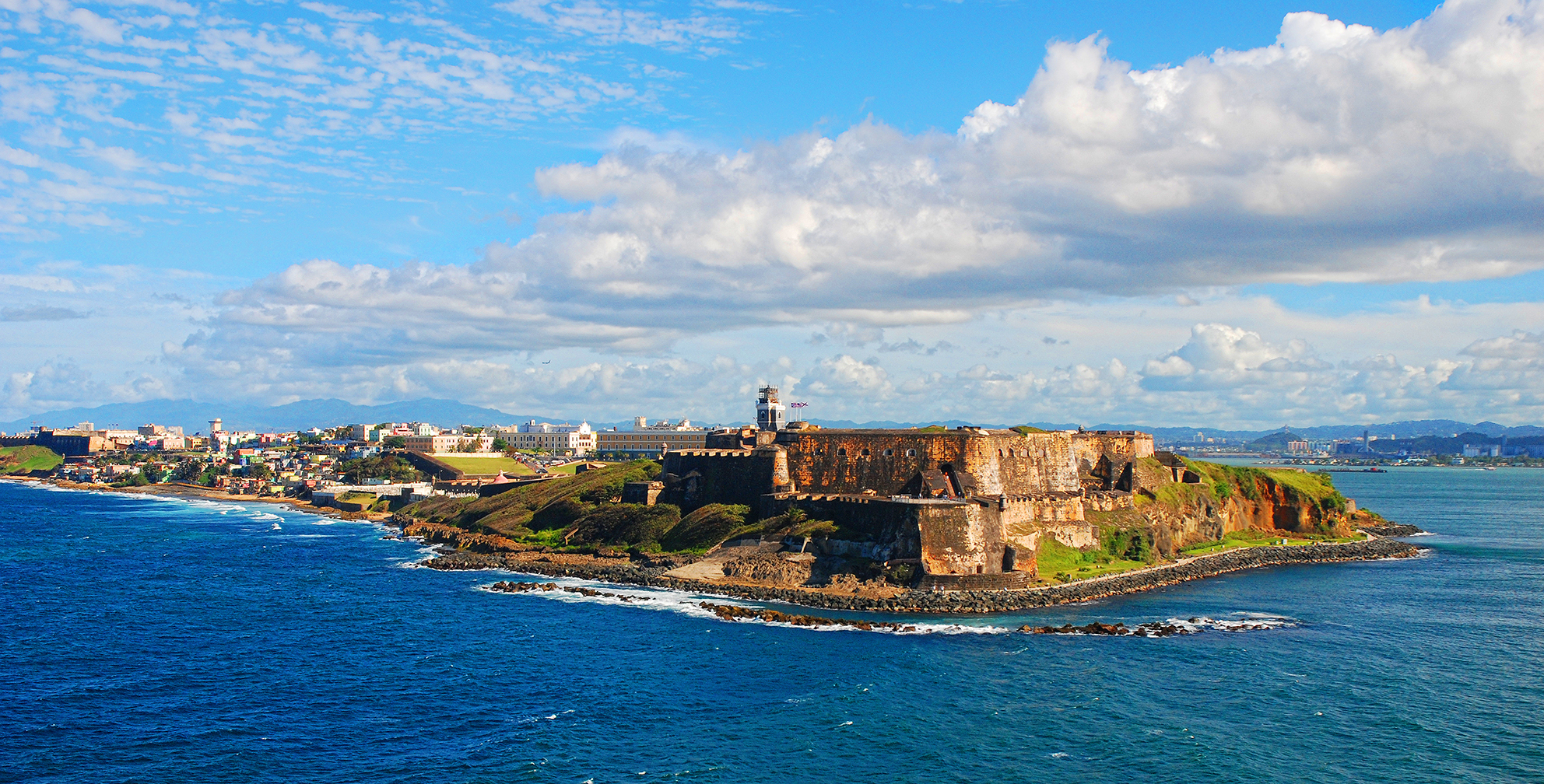Have a story idea
Have a story idea? Send it to us here.

Source : Wikimedia Commons
November 15, 2020
Author : Patty Rodriguez
The U.S. federal government’s updated rules for Historically Underutilized Business Zones (HUBzones) program could be a much-needed boon for Puerto Rico’s economy which has been devastated by Hurricanes Irma and Maria.
HUBZone, a program of the Small Business Administration, works to connect underserved small businesses with the federal government, using contracts to help alleviate unemployment and poverty. Under the program, three percent of federal contract dollars go to HUBZone-certified businesses.
According to a December article by Yenifer Alvarez in The Weekly Journal, Puerto Rico is 82 percent HUBZone-designated.
Alvarez highlighted in her article how new HUBZone rules, announced in November but only effective as of December 26 of last year, could provide Puerto Rico’s economy with a much-needed boost.
You can read the SBA’s updates straight from the horses’ mouth on their website if you are interested in potentially applying for HUBZone status. In order to be eligible, a business needs to employ at least 35 percent of its workforce from a HUBZone and the business must be at least 51 percent owned by US citizens, or “a Native American tribe, agricultural cooperative or Community Development Corporation,” according to Alvarez.
The new rules make several changes to eligibility requirements pertaining to geographic location and residency. In addition, a number of “Improved Contracting Provisions” are aimed to loosen up the process and allow more underserved businesses to access the program. Though many of the changes seem minor, when taken in combination with one another, it could help to improve the socio-economic situation in places like Puerto Rico
Things like:
“If a firm is a certified HUBZone small business at the time of its initial offer for a contract, it generally will be considered a HUBZone small business throughout the life of that contract. HUBZone status will no longer be determined as of the time of award.”
And,
“Employees temporarily living overseas in connection with the performance of a contract will be considered to reside at their U.S. residence for purposes of determining compliance with the program’s 35% HUBZone residency requirement.”
The new rules will also allow Governors to petition the SBA on a yearly basis to designate certain areas as HUBZones as long as they meet certain requirements pertaining to population and unemployment.
“The exciting improvements outlined in this rule were designed to address long standing uncertainty from both small businesses contemplating an investment in a designated HUBZone, as well as government agencies which seek to use HUBZone companies. We anticipate that these impactful changes will lead to the increased use of HUBZone certified small businesses across the country,” said then-Acting SBA Administrator Chris Pilkerton.
He continued: “Further, additional program enhancements which will expand the HUBZone footprint and provide greater support to HUBZone eligible small businesses will allow contracting officers to better identify more HUBZone firms and get federal contracts into the hands of those businesses.”
While 2019 saw a remarkable improvement in SBA loans to Puerto Rico in fiscal year 2019 (an increase of 35 percent over the prior fiscal year), new challenges face the island. After all, less than a month after the new HUBZone rules went into effect, the US saw its first case of the novel coronavirus.
According to a recent report by the Government Accountability Office, Puerto Rico has received less than $2 billion in loans from the SBA’s Payment Protection Program, putting in the lowest bracket for US states and territories.
A prompt response from the island’s government, among the most drastic under any U.S. jurisdiction, has kept the death toll from the virus extremely low.
Source: Amount of dollars lended to each state and territory through the Payment Protection Program according to the Government Accountability Office.
Category : Historically Underutilized Businesses Small Business Enterprises Coronavirus Pandemic Small Business Administration
